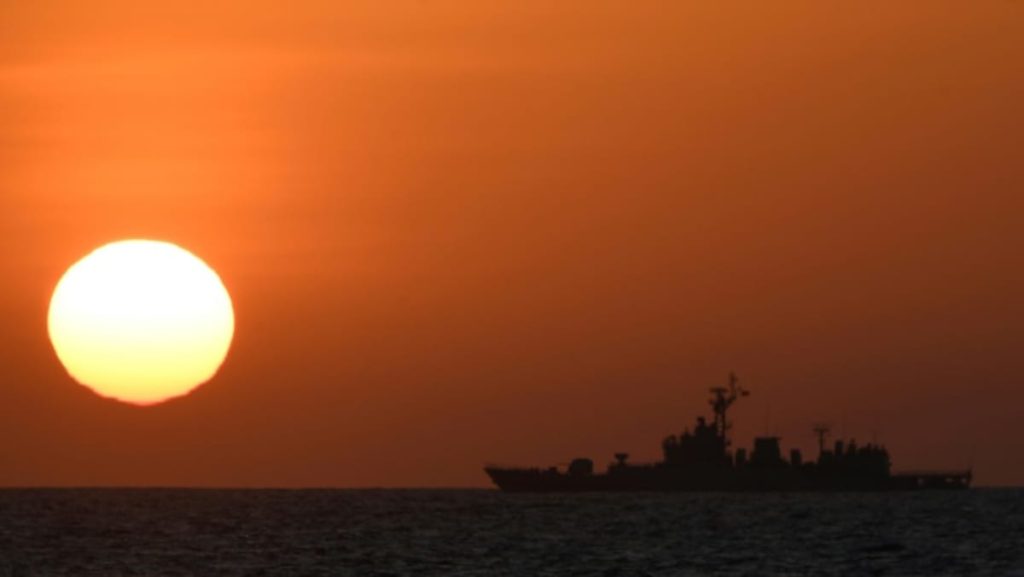Tensions between China and the Philippines have escalated due to hostilities between their coast guard ships at the Second Thomas Shoal and Scarborough Shoal. The Chinese coast guard has used water cannons, military-grade lasers, and dangerous maneuvers, resulting in minor collisions, injuries to Filipino navy personnel, and damage to their supply boats. The Philippine government has lodged protests with the Chinese embassy in Manila, leading to a diplomatic row.
In response to the Philippines’ actions, China’s Foreign Ministry spokesperson, Lin Jian, accused the Philippines of lacking confidence in the face of facts and evidence and reaching a point of frustration and having no bottom line. China demanded that the Philippines respect the duties of Chinese diplomats, cease infringement and provocations, and refrain from denying facts, acting indiscreetly, or harming themselves through their actions. The escalating word war and diplomatic tension between the two countries show no signs of abating.
The United States, as the longstanding treaty ally of the Philippines, has warned of its obligation to defend the Philippines if their forces, ships, or aircraft come under armed attack, including in the South China Sea. With multiple countries, including Vietnam, Malaysia, Brunei, and Taiwan, claiming overlapping territories in the region, there is concern that any major escalation of conflicts could draw US forces into a direct confrontation with China’s military. The South China Sea is a crucial trade route, and tensions in the area have the potential to impact global stability.
The actions of both the Philippines and China in the South China Sea have raised concerns about the potential for further conflict and the involvement of other countries in the disputes. The use of military-grade weapons and dangerous maneuvers by Chinese coast guard ships has led to injuries and damage to Filipino navy personnel and vessels. The Philippine government has responded by lodging protests with the Chinese embassy, while the United States has warned of its commitment to defend the Philippines if necessary.
The geopolitical implications of the hostilities in the South China Sea are significant, as the involvement of multiple countries with overlapping claims has the potential to draw in outside powers such as the United States. The ongoing tensions between China and the Philippines highlight the complex nature of territorial disputes in the region and the challenges of finding a peaceful resolution. The South China Sea remains a key strategic area, and any escalation of conflicts in the region has the potential to impact global trade and security.
The current situation in the South China Sea underscores the need for diplomatic efforts to ease tensions and prevent further escalation of conflicts. The involvement of major powers such as China, the United States, and other claimant countries in the region adds complexity to the situation and raises concerns about the potential for a larger conflict. The actions and statements from both China and the Philippines indicate a deepening rift, highlighting the challenges of finding a peaceful resolution to the territorial disputes in the South China Sea.















